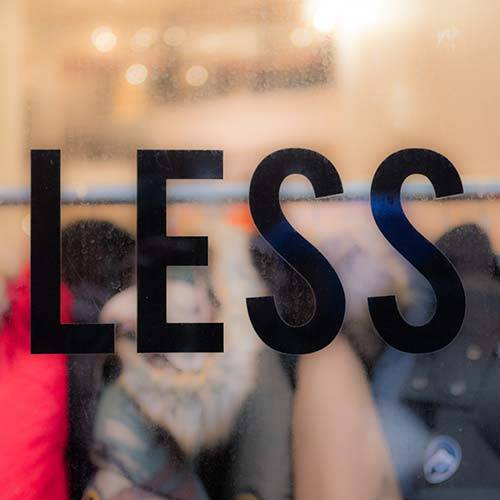In the modern world, we live in a fast-paced society that encourages consumerism and productivity. However, this lifestyle can have a significant impact on our mental health and well-being. This post will explore the evolutionary impact of fast-paced society and consumerism on mental health and provide strategies to mitigate the damage.

Exploring the effects of technology growth on society.
The Evolutionary Impact of Fast-Paced Society and Consumerism on Mental Health
The evolution of human societies has been shaped by a range of factors, including environmental pressures, technological advancements, and cultural practices. The development of agriculture, for example, allowed humans to settle in one place and create larger communities. This led to the emergence of complex social hierarchies and the development of culture and language.
In the modern world, technological advancements have enabled us to live in a fast-paced society that values productivity and efficiency. However, our biology has not kept up with these changes. Our bodies and minds are still wired for survival in a world where resources are scarce and danger is ever-present. This means that the constant pressure to be productive and consume more can lead to stress, anxiety, and other mental health issues.

The impact of modern society on mental health.
The Impact of Fast-Paced Society and Consumerism on Mental Health
- Stress and Anxiety: The constant pressure to keep up with the demands of a fast-paced society can lead to chronic stress and anxiety. This can manifest as physical symptoms such as headaches, muscle tension, and stomach problems, as well as mental health issues like depression and panic attacks.
- Burnout: The culture of productivity and efficiency can lead to burnout, which is a state of emotional, physical, and mental exhaustion. Burnout can lead to feelings of cynicism, detachment, and a sense of being overwhelmed.
- Addictive Behaviors: The fast-paced culture of consumerism can lead to addictive behaviors, such as shopping, gambling, or substance abuse. These behaviors can provide temporary relief from stress and anxiety but can ultimately lead to further mental health issues.
- Poor Sleep Quality: The constant pressure to be productive can lead to poor sleep quality, which can have a serious impact on mental health. Sleep deprivation has been linked to depression, anxiety, and other mental health issues.

Strategies for managing stress in a fast-paced society.
How to Mitigate the Damage
- Practice Mindfulness: Mindfulness practices, such as meditation or yoga, can help reduce stress and anxiety and promote feelings of calm and relaxation.
- Set Boundaries: It’s important to set boundaries and take time for yourself to recharge. This may mean saying no to certain commitments or setting aside time for self-care activities.
- Focus on Relationships: Building and maintaining strong relationships with friends and family can provide a sense of support and community, which can help mitigate the negative effects of fast-paced society and consumerism.
- Seek Professional Help: If you’re struggling with mental health issues, it’s important to seek professional help. A mental health professional can help you develop coping strategies and provide support and guidance.

Spending time in nature can have a profound impact on mental health.
Conclusion
The evolution of human societies has led to the development of a fast-paced culture that values productivity and efficiency. However, our biology has not kept up with these changes, which can lead to significant mental health issues. It’s important to take steps to mitigate the damage, such as practicing mindfulness, setting boundaries, focusing on relationships, and seeking professional help. By taking care of our mental health, we can lead happier, healthier lives in a fast-paced society.




